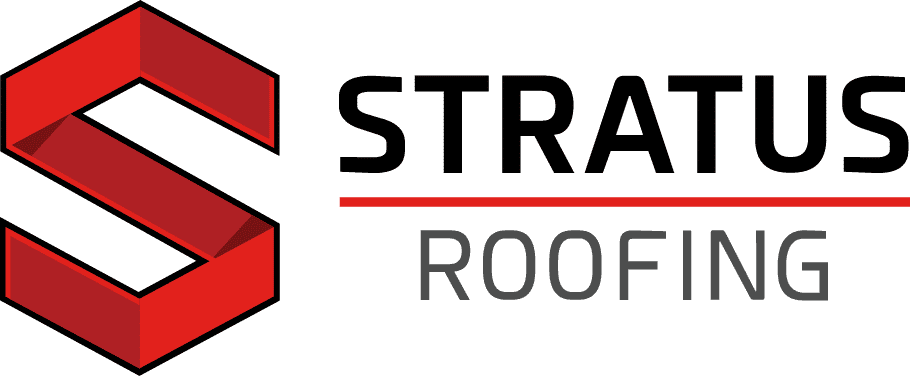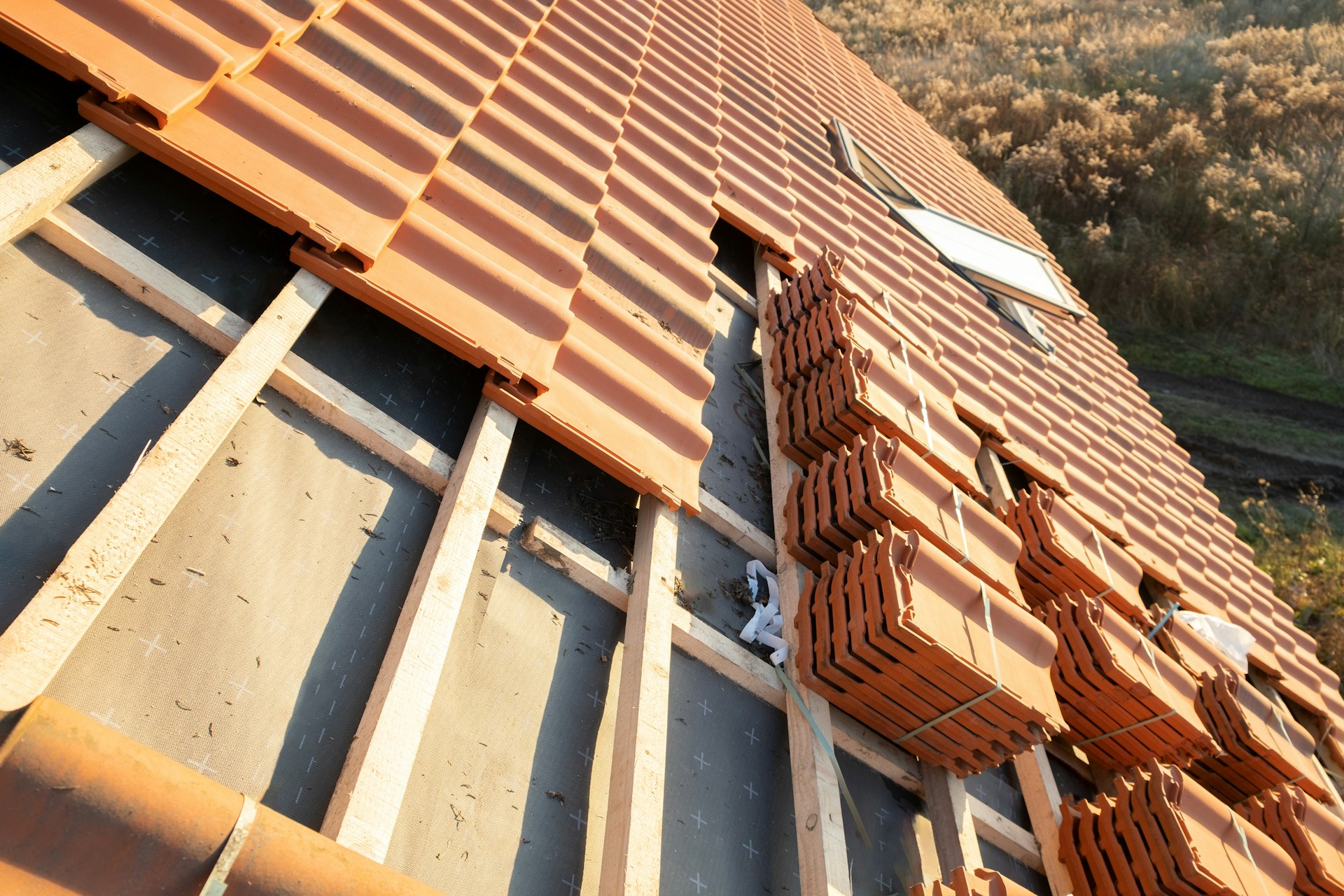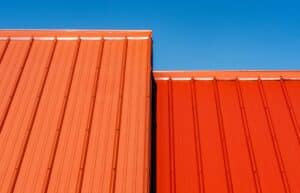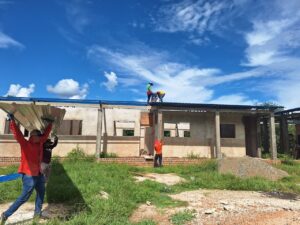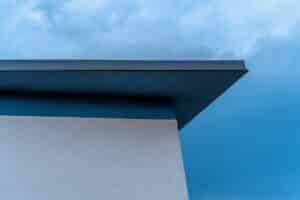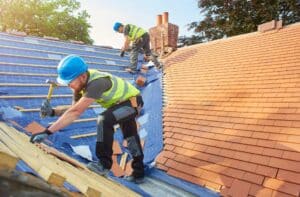When it comes to selecting the ideal roofing material for your Florida home, the options can seem overwhelming. Shingle, tile, metal, and flat roofs each have their distinct advantages, suited to different requirements and preferences. As a homeowner, understanding these unique characteristics is key to making an informed choice that will serve your home well for years to come. At Stratus Roofing, our mission is to provide you with valuable insights, helping you navigate the world of shingle, tile, metal, and flat roofs so you can select the perfect solution for your home.
In this comprehensive guide, we will explore the differences between shingle, tile, metal, and flat roofs. We’ll discuss their unique advantages in terms of durability, aesthetics, maintenance, and energy efficiency, offering expert advice to help you make the best decision for your Florida home. Your roof is a significant investment and an essential part of your home’s structure and comfort; therefore, it’s crucial to take the time to understand your options and make an educated choice.
As you journey with us through this comparison, you’ll discover the core characteristics, benefits, and potential drawbacks of each roofing material type. By learning about each option’s unique features, you’ll be better equipped to decide which roofing solution best meets your home’s needs, providing lasting protection, beauty, and efficiency.
Shingle Roofs: Affordability and Versatility for a Wide Range of Homes
Shingle roofs are a popular choice for Florida homeowners due to their affordability, ease of installation, and versatile design options. Asphalt shingles, the most common type, are composed of a fiberglass or organic core, coated with granulated minerals for added strength and durability. Let’s delve into the advantages and potential drawbacks of shingle roofs:
Advantages
– Affordability: Shingle roofs are ideal for homeowners on a budget, as they often come at a lower initial cost compared to other roofing materials.
– Design Versatility: Shingle roofs are available in a wide range of colors, patterns, and styles, allowing homeowners to customize the appearance of their home.
– Easy Installation: Shingle roofs are lightweight and relatively simple to install, resulting in shorter project timelines and lower labor costs.
Potential Drawbacks
– Lifespan: The lifespan of shingle roofs varies based on the specific product and Florida’s climate, with many lasting between 15 and 30 years. Regular maintenance is crucial to maximize their longevity.
– Storm Resistance: While shingle roofs are designed to withstand mild to moderate weather conditions, they may be more vulnerable to damage from high winds, hurricanes, and hail compared to other materials.
Tile Roofs: Tradition Meets Durability in an Elegant Package
Tile roofs are synonymous with the quintessential Floridian home, known for their traditional aesthetic and exceptional durability. Made from clay or concrete, tile roofs are particularly well-suited for Florida’s hot, sunny climate. Consider the following advantages and potential drawbacks of tile roofs:
Advantages
– Durability: Tile roofs are known for their impressive lifespan, often outlasting the home they protect. With proper maintenance, they can last up to 50 years or more.
– Energy Efficiency: Tiles have natural insulating properties, keeping your home cooler in the summer and reducing energy costs.
– Wind Resistance: With their interlocking design and heavyweight, tile roofs are highly resistant to wind damage, making them an excellent choice for storm-prone areas.
Potential Drawbacks
– Cost: The initial cost of a tile roof may be higher compared to other roofing materials. However, it’s important to consider the long-term value and minimal maintenance requirements.
– Structural Needs: Tiles are heavy, which may necessitate additional structural support for your home to accommodate the weight.
Metal Roofs: Modern and Low-Maintenance Solutions for Florida Homes
Metal roofs have gained popularity in recent years, particularly in coastal regions, due to their long-lasting, low-maintenance qualities. Metal roofs can be made from various metals, including steel, aluminum, copper, and zinc. Let’s explore the advantages and potential drawbacks of metal roofs:
Advantages
– Longevity: Metal roofs can last up to 50 years or more, with minimal maintenance requirements, making them an attractive long-term investment.
– Energy Efficiency: Metal roofs reflect the sun’s rays, keeping your home cooler and reducing energy costs for cooling.
– Storm Resistance: Metal roofs boast excellent resistance to wind, rain, and hail, ensuring optimal protection for homes in hurricane-prone regions.
Potential Drawbacks
– Cost: While the initial cost of a metal roof may be higher than other options, the long-term benefits often outweigh the upfront investment.
– Noise: Some homeowners may find the sound of rain on a metal roof to be loud. However, proper insulation and underlayment can help reduce the noise.
Flat Roofs: Cutting-Edge Design Meets Practical Functionality
Flat roofs are a contemporary and practical choice for Florida homeowners, particularly for those with modern architectural designs or limited space for a pitched roof. Flat roofs typically use materials, such as built-up roofing (BUR), modified bitumen, or single-ply membranes like TPO, PVC, or EPDM. Let’s examine the advantages and potential drawbacks of flat roofs:
Advantages
– Space Efficiency: Flat roofs provide additional space for solar panels, rooftop gardens, or outdoor living areas.
– Design Flexibility: Flat roofs complement modern architectural styles and can support innovative design elements.
– Cost-Effectiveness: Flat roofs often have a lower material and installation cost compared to pitched roofs with the same square footage.
Potential Drawbacks
– Water Drainage: Adequate drainage is essential for preventing ponding water on flat roofs, which can lead to leaks or roof damage.
– Maintenance: Regular maintenance, such as cleaning and re-coating, may be required to ensure the longevity of a flat roof.
Finding the Perfect Roofing Solution for Your Florida Home
When choosing a roofing solution for your Florida home, understanding the advantages and potential drawbacks of shingle, tile, metal, and flat roofs is essential. With this knowledge, you can make an informed decision that takes into account factors such as durability, aesthetics, energy efficiency, and overall costs.
At Stratus Roofing, our team of experts is ready to guide you through the process of selecting and installing the ideal roof for your home, ensuring the perfect balance between function, style, and longevity.
Begin your journey to finding the perfect roofing solution for your Florida home with Stratus Roofing. Contact our knowledgeable team today to discuss your unique needs, request a quote for roof installation services, and explore the world of shingle, tile, metal, and flat roofs with expert guidance.
